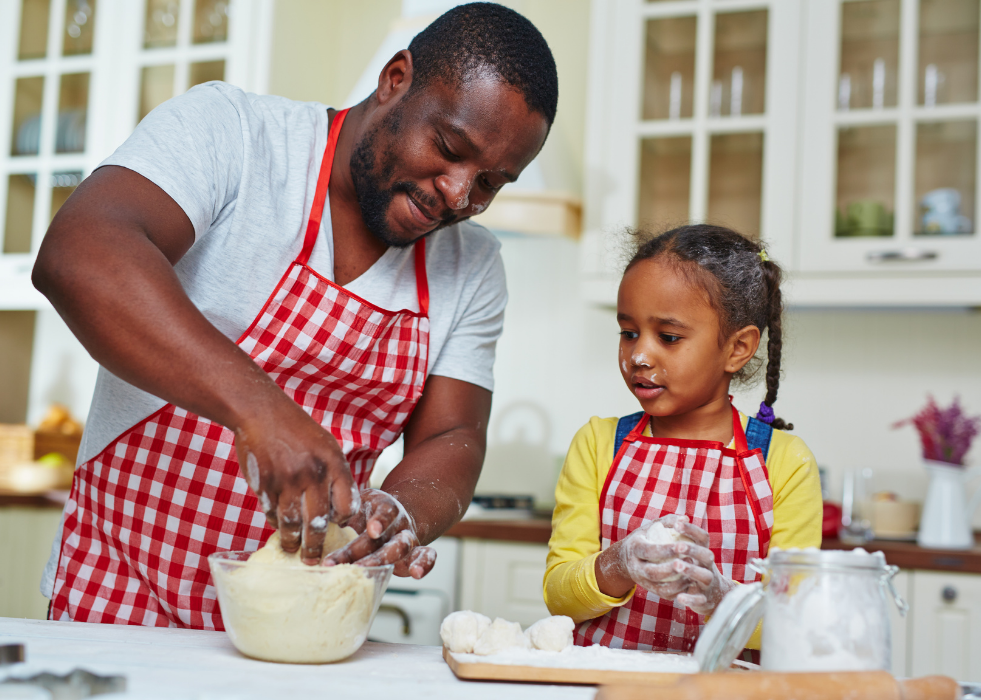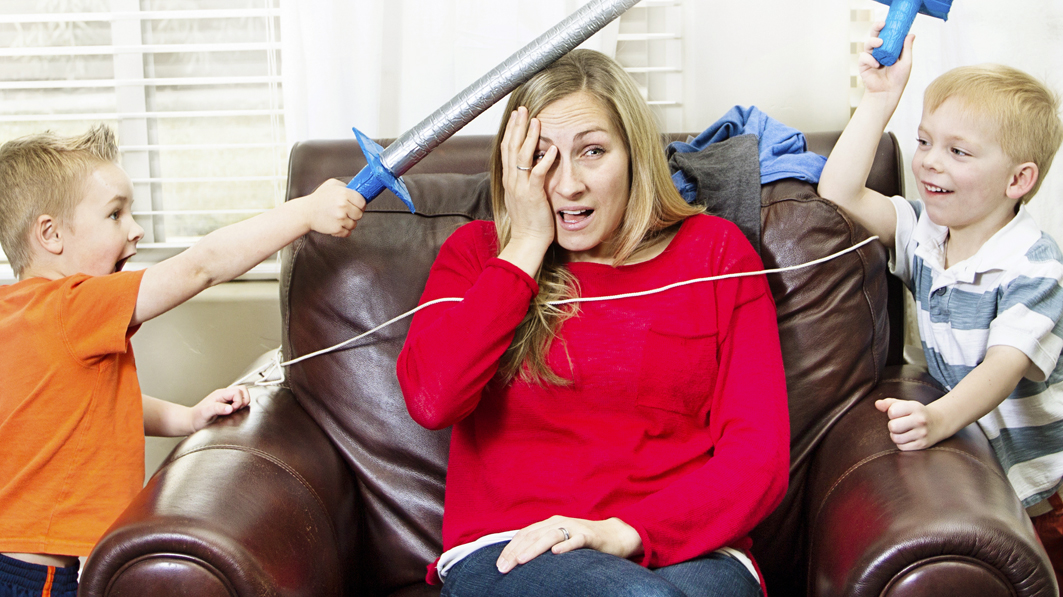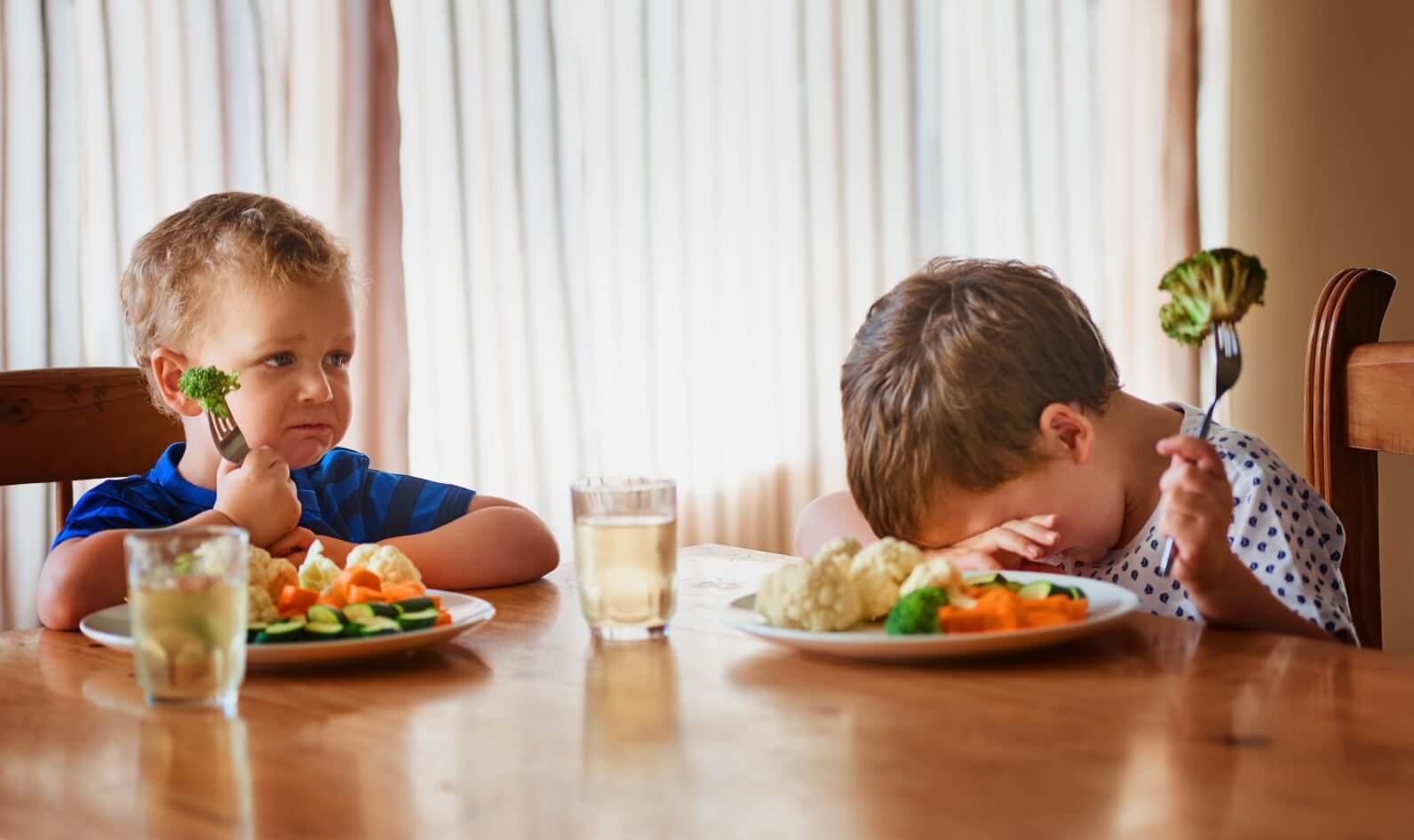Parents
What to do when grandkids blame you?

Blaming other people is a kid thing. Most outgrow it, but addicts don’t. So when your grandkids blame you for their birthparent’s problems remember that it probably originated from something mom or dad said to them–or because of immature and wishful thinking. Instead of stressing, take up their challenge. Picture yourselves engaged in a Scrabble™ game. Grandkid starts play with ‘blame’, daring you to respond. While it may be tempting to take the “S” from your letter rack and stick it under the “B”, don’t do it. Open up the playing field by finding words/mental phrases that help you keep your emotional balance:
B – Bring it on…this is an opportunity for us to talk.
L– Lies and love. I can deal with both.
A – Analyze, Attitude, Approach, Action, and Accountability. All skills I will teach you to help you walk a different path than your mom/dad.
M-E – as in Me. I count too. I will earn your respect, but until then I will settle for your showing me, and others in authority, respect because it’s the right thing to do.
Bring it on.

Keep them talking because then you know how they feel, what they’re thinking, and whose influencing them (mom/dad, a certain teacher or friend). Listen to what they are saying, and what they are hiding. Don’t lecture. Ask non-judgmental questions and keep your responses brief. Correct only vital misinformation in an age/stage appropriate manner. Better to come in the backdoor another day when they aren’t so emotionally charged.
Lies and love.
Children of addicts and alcoholics have lived in a world of lies. Lies from mom/dad. White lies from family (possibly even you?) trying to protect them, and the unintentional lies of promises broken from a society that says, “We’ll keep you safe.” YOU have to break that chain. Always be honest or they will never re-learn how to trust.
Love won’t blind them long term to their parents’ faults or their actions.
They will eventually see the lies by their parents, and the distortions in their thinking, for what they are. They will realize there isn’t anything that they can do to make their parent choose them over drugs. Painful. Only years of being there–saying what you mean, and meaning what you say– will lead them to understand you are the good guy in their lives and never deserved all their verbal abuse.
“A” game strategies.
Teaching good life and communication skills will benefit your relationship with them, and every relationship they have (work, family, friends) for the rest of their life. Help them analyze what they see and hear, develop healthy attitudes (ethics and values), learn how to approach others (communicate),and take both appropriate action and accountability for that action.
It’s a lifetime learning curve so don’t worry if you occasionally blow it by getting upset…or if they don’t seem to be listening. Develop strategies and stick with them.
Show them appropriate ways to disagree without hurting others. Limit digital contact with parents if every tweet, text, or phone call undoes your progress. Try to be there for as much face-to-face contact as your legal circumstances allow.
Pick your battles and consider possible consequences of your words before engaging. Sometimes grandkids are just venting, sometimes testing, and sometimes headed off a cliff. Triage and dismiss petty comments with a “You may be right. I might have misunderstood or let’s ask your mother next visit okay?” Don’t skip the important discussions but do it on your schedule unless their is urgent concern about mental or physical safety. Lysa Terkeurst in her book, The Best Yes says that repeated choices become our circumstances. Avoidance is a choice.
If they hear you saying to them and others, “I may be wrong. Convince me. I was wrong. You are right,” they’ll start eternalizing it and processing their own feelings and emotions differently. Eventually you’ll hear them incorporating good communication skills into their conversations with others and with you.

M-E
Lyrics from Kelly Clarkson’s song,“Piece by Piece” who had a rocky relationship with her birth father:
But piece by piece he collected me
Up off the ground…
And piece by piece he filled the holes that you burned in me.
It is a compliment when the grandkids you are parenting feel safe unloading on you; blaming you. Doesn’t feel very good, can’t let them get away with it, but it is progress. Never give up. Mosaics are magnificent when all the pieces are finally in place–but the process is long, and requires not only creativity, but patience.
Parents
Dealing With A Crying Child While Driving
Even the calmest, most perfect child can turn into a crying scream machine in the car. A wet diaper, an uncomfortable seat belt, or the pangs of hunger or thirst can send any child into a crying fit that can test the patience of even the most subdued of parents. An angry or screaming child can also make the drive itself more dangerous as you become more distracted by the screams of your toddler. Bad moods are contagious. If you allow yourself to become angered by your child’s crying you may drive more offensively and be more prone to doing something stupid while behind the wheel. There is no simple or fool-proof way to avoid having your child cry while you are driving him or her around, but these simple ideas may make things less stressful and more safe for you and other motorists.
1.If it is obvious that your child is not going to calm down on his own find a place to pull over (if it is safe to do so) and check to see if there is a simple reason for the crying.

Did he spit out his pacifier, is his belt cutting into his shoulder, or does he have a wet diaper? NEVER try to take care of retrieving a pacifier or giving a cookie while you are driving. We have all tried it before and we all know that it is not a wise thing to do, especially in rush hour traffic.
2.For children that are old enough to understand a few basic words try using a de-escalation method such as counting down slowly and calmly from five to one while attempting to make occasional eye contact in the rear view mirror (if possible).
This de-escalation method works more effectively if you practice it at home as well. Any time your child is throwing a tantrum instead of immediately putting him in time-out try getting him to calm down by sitting down with him face to face, make eye contact, and do the slow, calming count down. If you can get him to calm down at home using this method he will eventually be able to calm himself down while in the car with your verbal help.
3.Use a sibling as a helper.
This isn’t an option in all cases of course, but if your crying child has an older sibling in the car consider placing their car seats close enough together that the older child can play with or otherwise distract the younger child for a few minutes until you reach your destination. Obviously, the older child should never be allowed to unbuckle his seat belt while the vehicle is moving.
4.Never allow your child’s crying to affect your driving or your attention to the road.

At the same time never allow your child’s crying to build your stress to the point that you yell at the child in a desperate (and futile) attempt to make him be quiet. A child that is too young to understand words will only be startled by your yelling and will likely cry even more. In addition to this yelling at your child can cause other psychological problems down the road. If you are nearing the end of your rope, pull over and find out what is wrong. Always calm yourself down before opening the door to check on your child.
There is never a perfect method to deal with the stress of a crying child, especially in a confined space. But consider these four simple tips and always stop and think before doing anything unsafe while driving a vehicle. Pulling over may slow you down or make you late, but driving faster or more erratically because of the distraction of a crying child can make you a danger to yourself and others while on the road.
Children
Educational Activities For Young Children In The Kitchen With Parents

The kitchen is the center of most family activity. Everyone wants to see what good things are cooking for dinner. The kitchen can also be a place of learning for your child.
Make your child your taste tester. Taste testing is an important job in a test kitchen. If the food doesn’t taste just right, then it is rejected as a good recipe. Let them taste each thing you make. Get them accustomed to the tastes of sweet, salty, sour, and tangy. If they are a good taste tester, they will learn to recognize when something tastes bad. This is the first step to becoming useful in the kitchen.

Show your kids how to cook their favorite meals. Kraft® Food and Family magazine offers a section with recipes just for kids. Teach kids how you prepare to start cooking in the kitchen. Start with something simple. Children can assemble the ingredients and the utensils that will be needed to make the recipe. Show them what to do once and then let them take over. It will be slow at first since it is something that they have never done, but kids are up for new things. You may have to help them if there is any use of the oven involved. The more they get a chance to cook, the more they will pick up from you.
The major task of the kitchen is stocking it with groceries. If the children can write, let them make out the grocery list for you. This process helps them with their spelling. After the list is completed, it’s time to head to the grocery store. As you call them out, let the kids look for the items that you need. They will think that it is a food scavenger hunt. Your trip may take twice as long when they are helping you but it will be worth it to teach them about food shopping.
Show kids how to use the appliances in the kitchen. See if they can guess what each thing does. Use each appliance to create a simple treat as you demonstrate. By the time you finish showing them how everything functions, they will have a lot of snacks to eat. For example, use the blender to make a tasty shake as you demonstrate how it works. Use the mixer to whip up some instant pudding. The toaster can brown a bagel that can be spread with cream cheese or preserves. Caramel dip can be softened in the microwave and used for apples which can be cut up using an apple slicer.

Start at a young age and teach children about the clean-up side of cooking. Once you make a meal, the dishes you used need to be washed and put away. This is a perfect time to show them the dishwasher. Using the dishwasher is good for young children who aren’t tall enough to wash the dishes in the sink. Let them load all of the dishes in and start it up. When the cycle is finished, show them how to empty it.
Now that they know the basics, it’s time for the kids to create recipes of their own. Make sure that they use the proper measurement amounts for liquid and solid ingredients. Look over their recipes when they finish writing them to see that nothing is left out. As a bonus, let them show you how to create their recipes. Give them the apron and chef’s hat to make it official that they are in charge of the kitchen.
Everyone needs to learn to be self-sufficient in the kitchen. If your kids learn early, they will be helping you for a long time. The kitchen will become their favorite room in the house once they learn the ins and outs.
Parents
Top Five Tips To Reduce Mom Stress

What is exactly is mom stress, and why does it differ from other types of stress one may encounter? It could well be described as the loss of ability to cope with the repetitive routine and mundane course of daily child rearing for a specifically isolated period of time. Most moms will suffer at least some form of mom stress before their children are grown. Moms may feel as if they can no longer handle the fighting, the crying, the tantrums and overall lack of adult interaction. Moms should not feel ashamed for identifying with any of the above, this just means they could use a simple change in your daily routine.
Here are five easy to implement ways to avoid mom stress. Take heed, that all five of these involve taking time for yourself each and every day. Your special time could be something as simple as giving yourself a soothing foot soak first thing in the morning before the children and husband are awake. Gather your favorite foot spa products and relax. You can find many great spa products made specifically for new moms such as the Earth Mama Angel Baby specialty line of products. Be sure to post a do not disturb sign on the door and strictly prosecute anyone that dares to enter!

Your special time should also include some form of slow paced exercise such as early morning stretching or a 30 minute relaxation video. The slow yet invigorating pace of the exercise will begin to release your feel good hormones thus lending a more relaxed tone to the rest of the day.
What type of things did you enjoy before you became a mother? Your special time should encompass some sort of creative activity to remind you of your personal interests. If you enjoy photography why not start a scrapbook where you can catalog your photos as well as do some creative journaling? This would be a good time to do some positive thinking about your children by showcasing the special qualities of each child in the scrapbook.
Remember your long lost friends? Your special time should contain at least some kind of daily interaction with another adult beside your spouse. Make arrangements for a play date with another mom and have coffee while your
children play. Be sure to keep your diaper bag stuffed with items your children may need so they do not interupt your friendly conversation. Thinking ahead can make your visit much more enjoyable. Keep the conversation positive! Don’t spoil your “You Time” by discussing negative subjects that will probably leave you feeling emotionally drained.

Finally, the most important step before beginning your new routine is to get your husband on board. You will need his support to make sure you are not disturbed while taking time for yourself. Surprisingly, most husbands would like to see their wives relax a little more and are willing to help make that happen.
You shouldn’t feel that you have to keep a strict “You Time” schedule. Keep it relaxed by spreading your activities out through the week. One special “You Time” activity a day should be enough to put you in the right frame of mind.
Taking time for yourself should not be viewed as a selfish endeavor. This will only leave you feeling more refreshed and ready to be a better parent and wife. We all need that little something to look forward to each day and this can only help us to enjoy life with our family all the more.
-

 Children5 years ago
Children5 years agoWhy Private School for Your Child?
-

 Children5 years ago
Children5 years agoEating Healthy with kids
-

 Children5 years ago
Children5 years agoHelping Your Child Pick The Best Extracurricular Activities
-

 Children5 years ago
Children5 years agoWhy are kids picky eaters
-

 Children5 years ago
Children5 years agoHow to Deal With Children During a Divorce
-

 Children4 years ago
Children4 years agoEducational Activities For Young Children In The Kitchen With Parents
-
Parents4 years ago
Dealing With A Crying Child While Driving
-

 Children5 years ago
Children5 years agoPUBG Can Be Fun for Everyone












